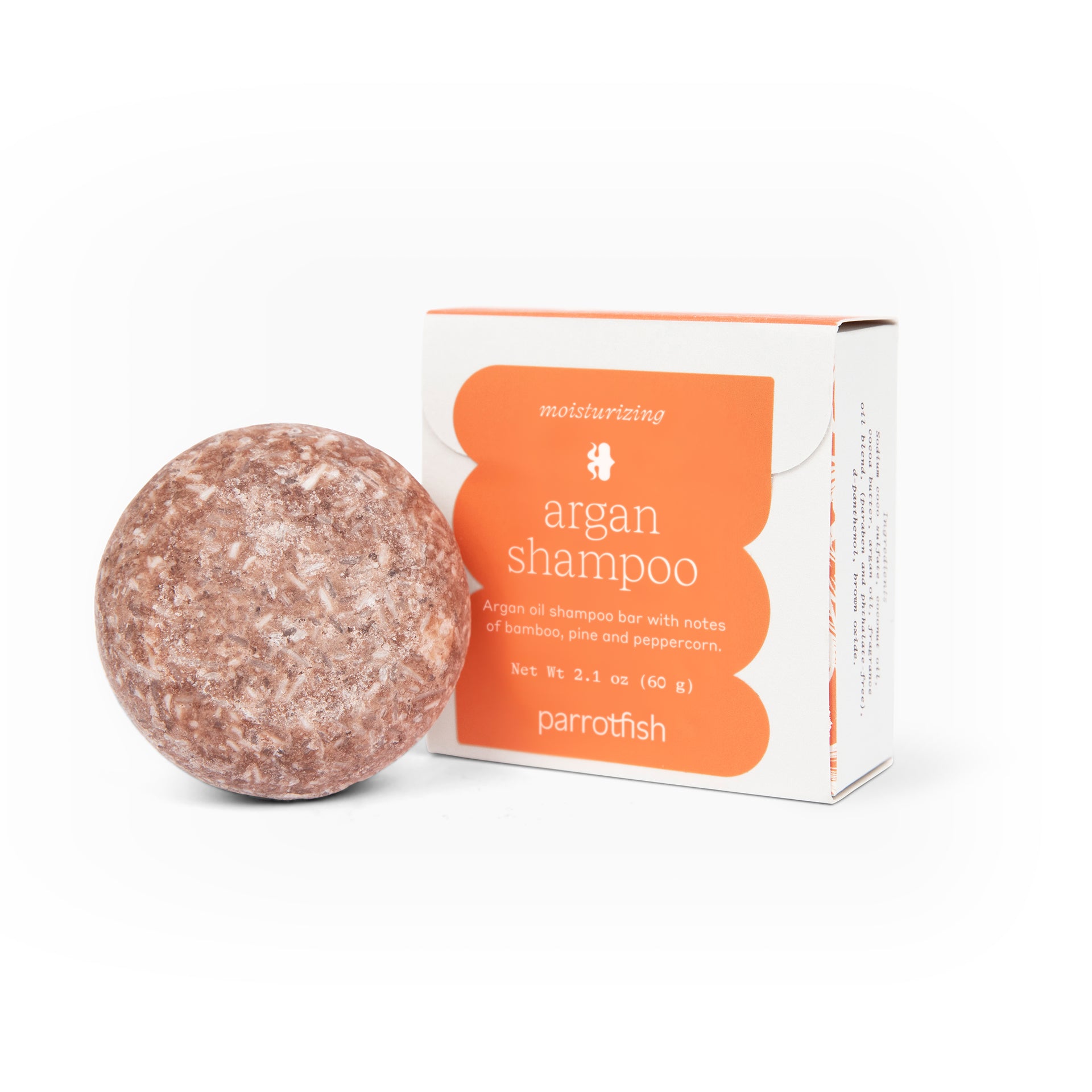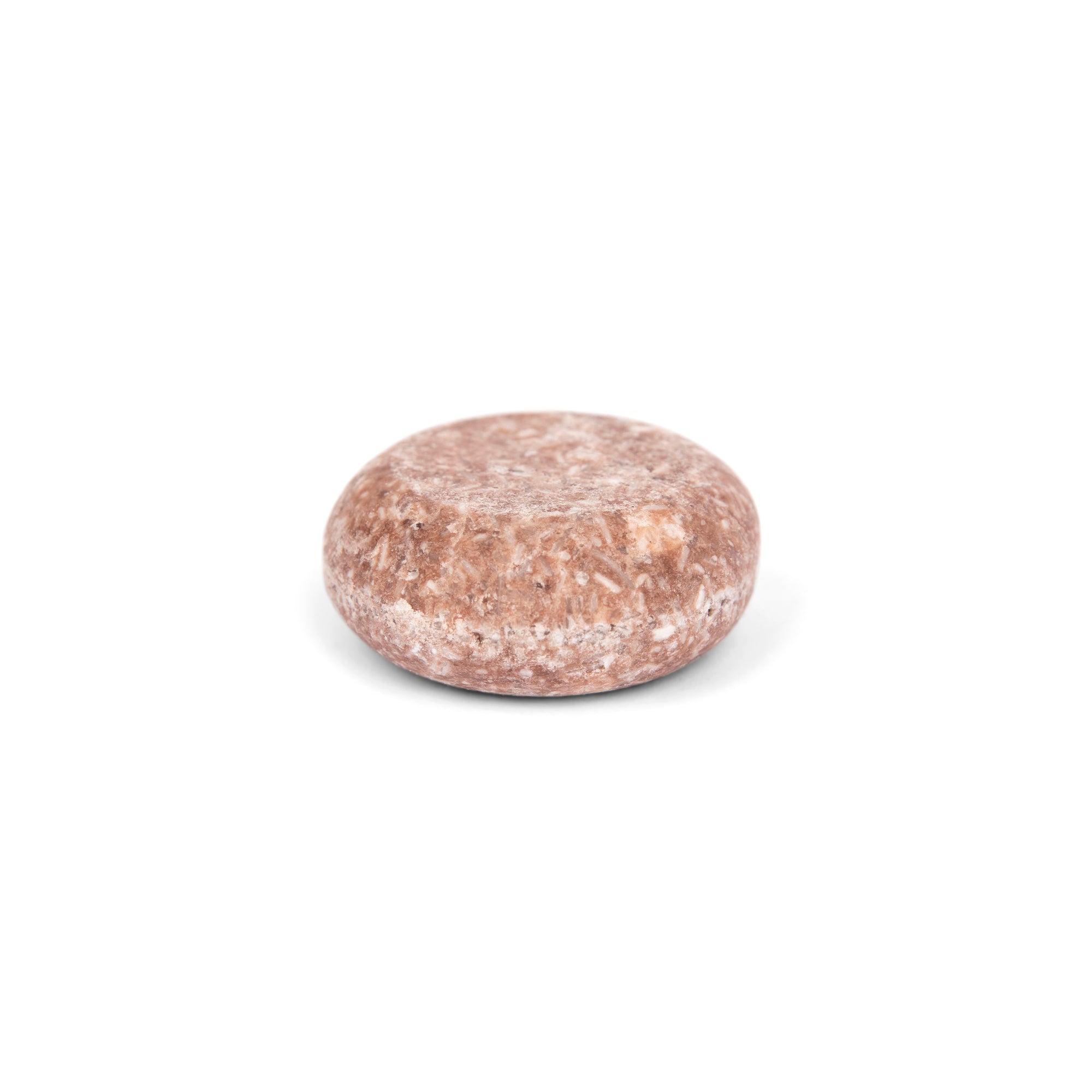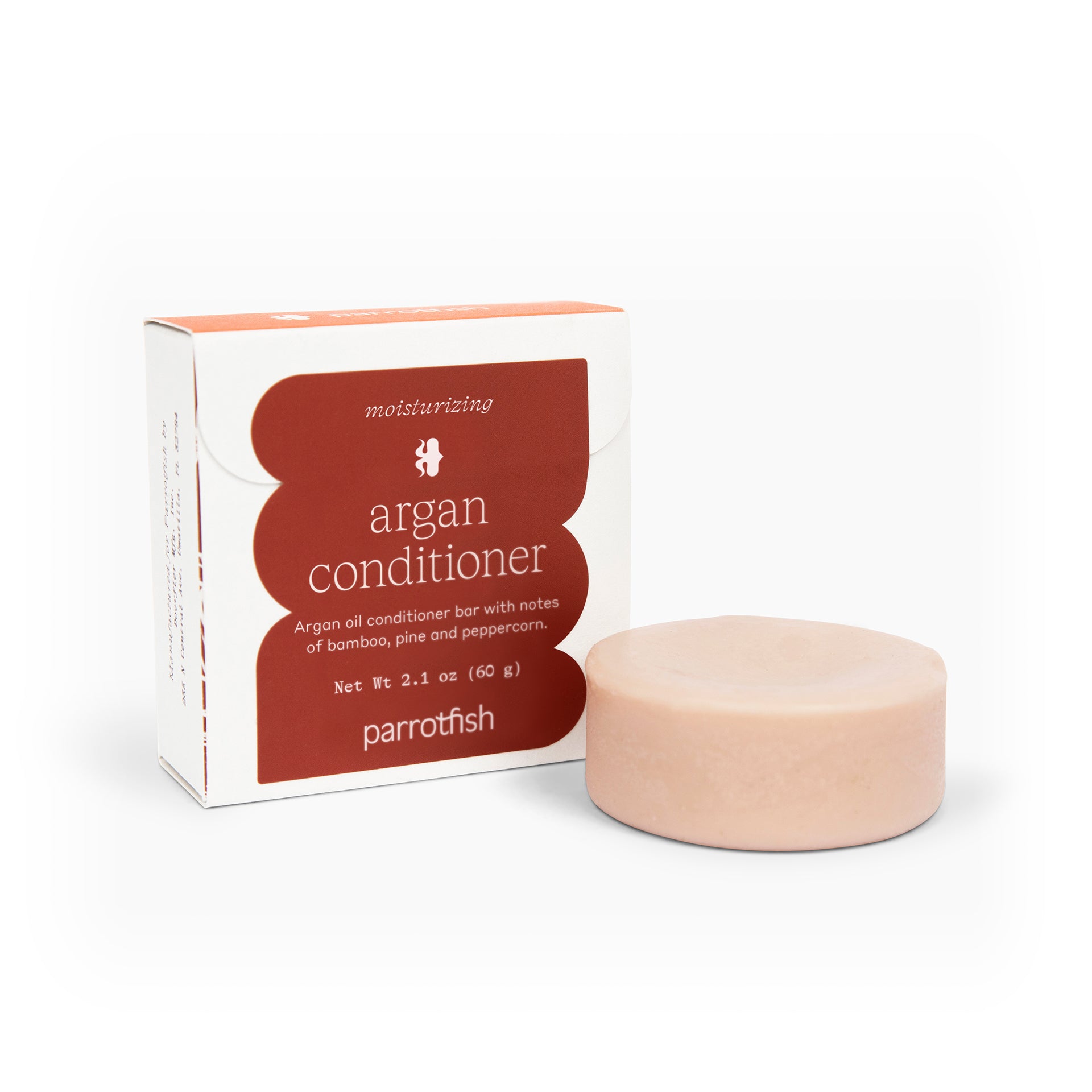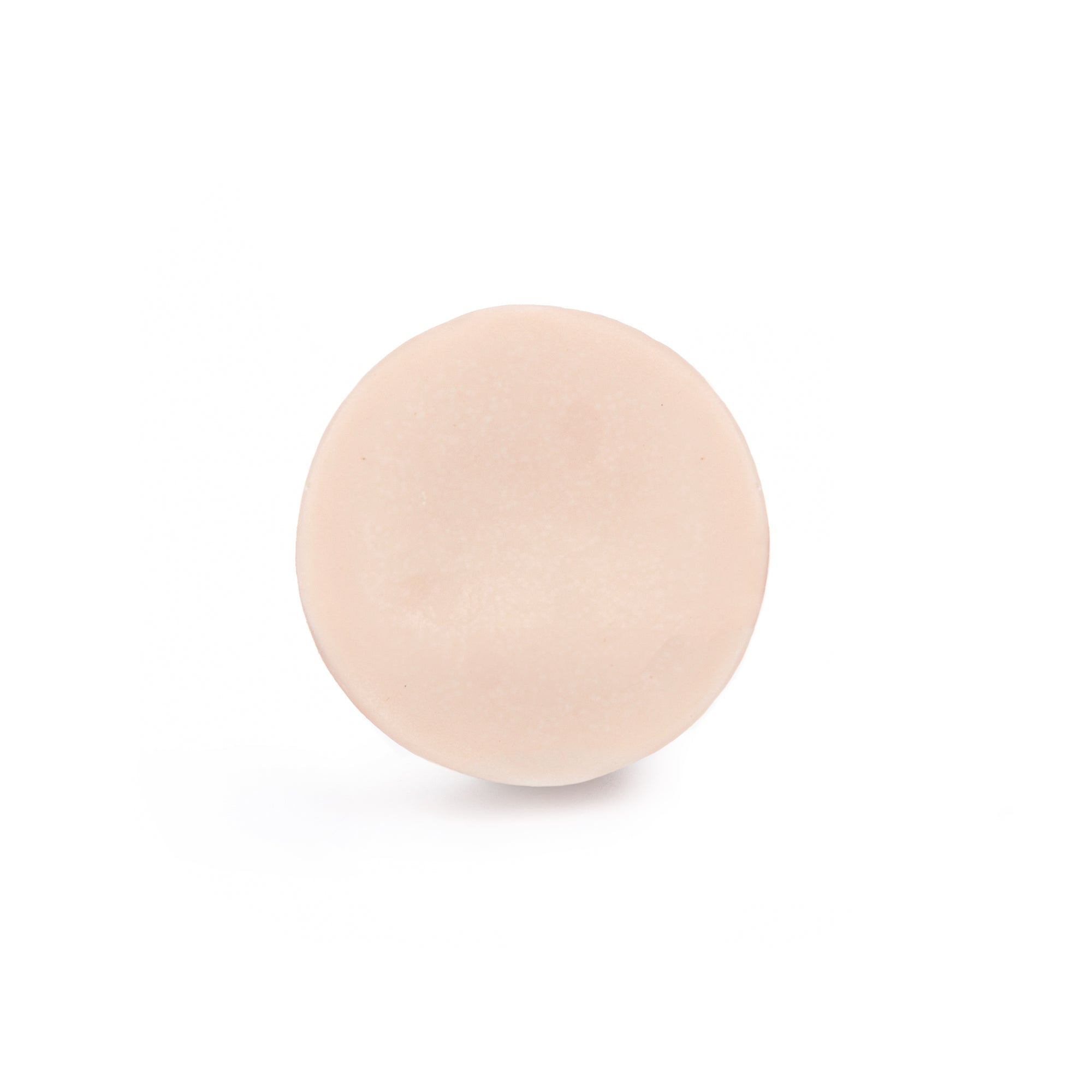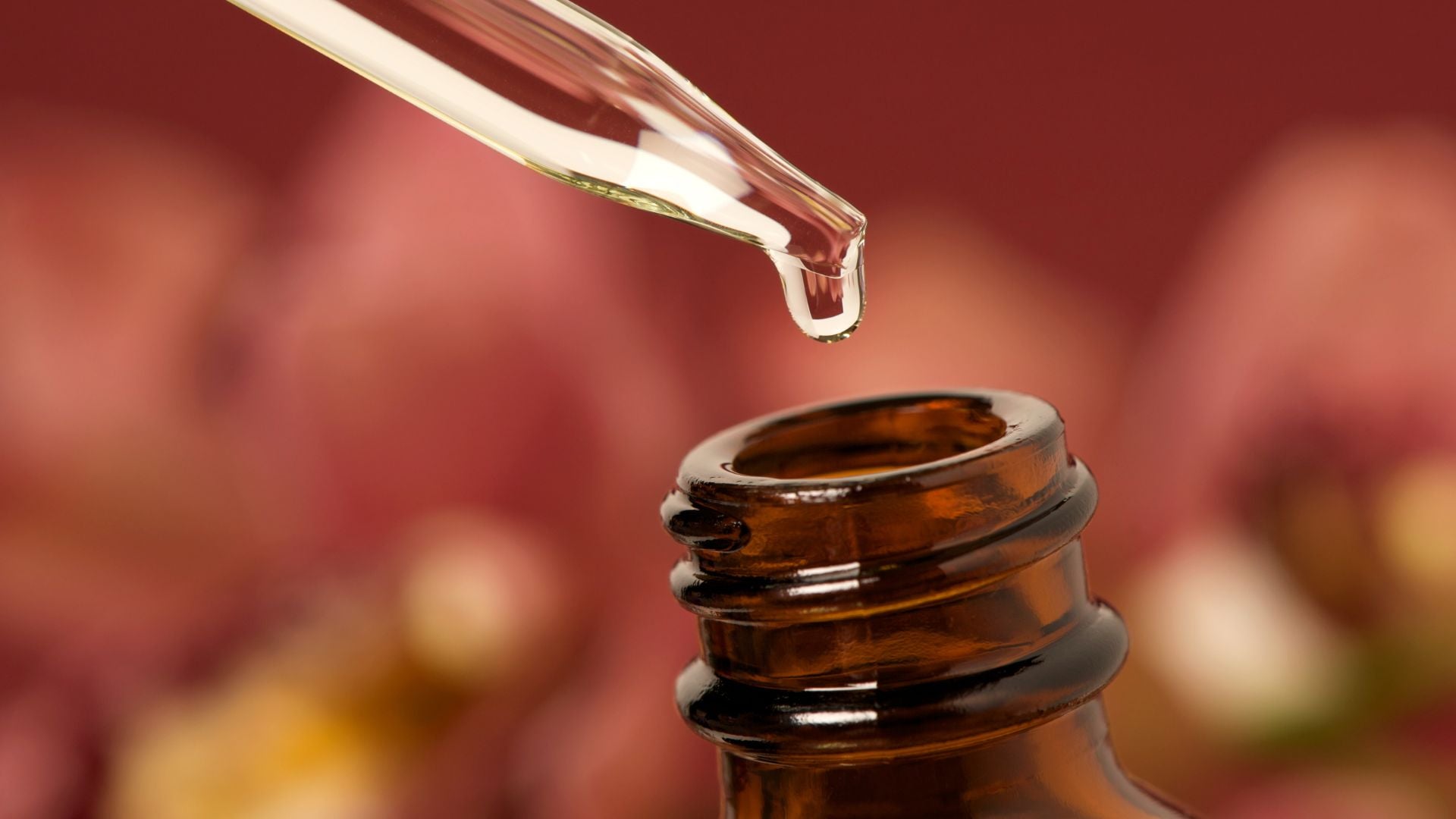

The Shelf Life of Argan Oil
Argan oil, often referred to as "liquid gold," is a natural oil extracted from the kernels of the fruit of the argan tree (Argania spinosa), which is native to Morocco. Renowned for its nutritive, cosmetic, and medicinal properties, argan oil is rich in essential fatty acids, antioxidants, and vitamin E.
This unique composition makes it incredibly beneficial for hair and skin care, offering moisturizing, anti-aging, and healing benefits. Additionally, argan oil is used in culinary applications, where its nutty flavor enhances the taste of various dishes. The production of argan oil is a meticulous process, traditionally carried out by Berber women, making it a valuable and sought-after product worldwide.
Shelf Life of Argan Oil
Typically, pure argan oil has a shelf life of around 18 to 24 months when stored correctly. The longevity of argan oil is attributed to its high content of vitamin E and antioxidants, which naturally preserve the oil. However, the exact duration can vary based on the extraction method, purity of the oil, and storage conditions.
Maximizing Argan Oil's Lifespan
To ensure argan oil retains its beneficial properties for as long as possible, consider the following tips for proper storage:
-
Keep it Cool: Store argan oil in a cool, dark place away from direct sunlight. Exposure to heat and light can accelerate the degradation of the oil, reducing its effectiveness.
-
Dark Glass Bottles: Argan oil should ideally be kept in dark-colored glass bottles. This type of packaging protects the oil from light exposure, helping to preserve its natural properties.
-
Tightly Sealed: Make sure the oil's container is always tightly sealed after use. Exposure to air can lead to oxidation, which diminishes the quality of the oil over time.
Signs of Spoilage
While argan oil is relatively stable, it can go bad. Indicators of spoilage include:
-
Changes in Smell: Fresh argan oil has a light, nutty scent. If it starts to smell sour or rancid, it's likely gone bad.
-
Texture Alterations: Any noticeable changes in texture, such as increased thickness or cloudiness, may suggest the oil is no longer good to use.
-
Color Shifts: Significant changes in the oil's color, from its natural golden hue to a darker shade, can also indicate spoilage.
How do you know if argan oil is rancid?
Rancid argan oil typically has a sour or unpleasant odor, quite different from its natural, slightly nutty scent. The texture might also change, becoming thicker or cloudy, indicating it's no longer suitable for use.
Can I use expired argan oil on my hair?
Using expired argan oil on your hair is not recommended. Over time, the oil loses its beneficial properties and might even cause irritation or damage to your scalp and hair due to the breakdown of its compounds.
How do you know if hair oil is expired?
Expired hair oil often changes in texture, color, or scent. It might become thicker, change color, or smell off, indicating it's past its prime and should be replaced to ensure the health of your hair.
How do you know if Moroccan oil is expired?
Similar to argan oil, expired Moroccan oil will exhibit a change in scent, becoming rancid or unpleasant, and its texture or color may alter. These changes suggest the oil's essential components have degraded.
What happens if you use old hair oil?
Using old hair oil can lead to reduced effectiveness and potential hair or scalp issues, such as irritation, due to the degradation of the oil's natural ingredients and the formation of harmful byproducts.
Is expired oil OK to use?
It's generally not advisable to use expired oil, whether for cooking, hair, or skin care. The oil's beneficial properties diminish over time, and it may become harmful due to oxidation and rancidity.
What color should pure argan oil be?
Pure argan oil should have a golden-yellow hue for cosmetic use, and a deeper golden-brown for culinary use. The exact shade can vary slightly depending on the extraction method and concentration.
What does rancid argan oil smell like?
Rancid argan oil loses its lightly nutty and pleasant scent, adopting a sour or foul odor. This change in smell is a clear indicator that the oil has gone bad and should not be used.
By understanding the shelf life of argan oil and adhering to proper storage practices, you can maximize the benefits of this "liquid gold" for your skin, hair, and overall wellness. Keeping an eye on signs of spoilage ensures you're using argan oil at its peak potency, allowing you to enjoy its myriad of benefits safely and effectively.

